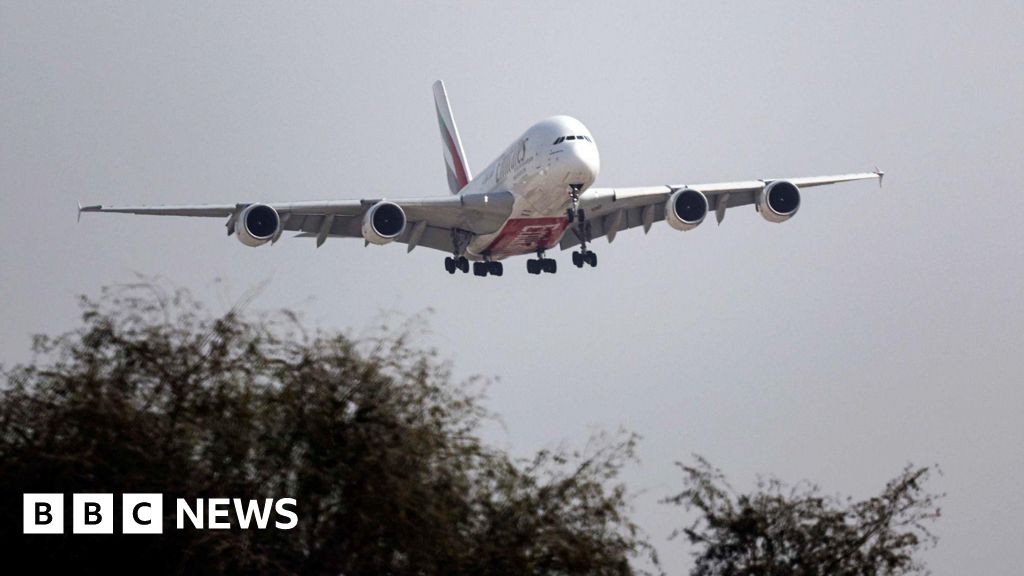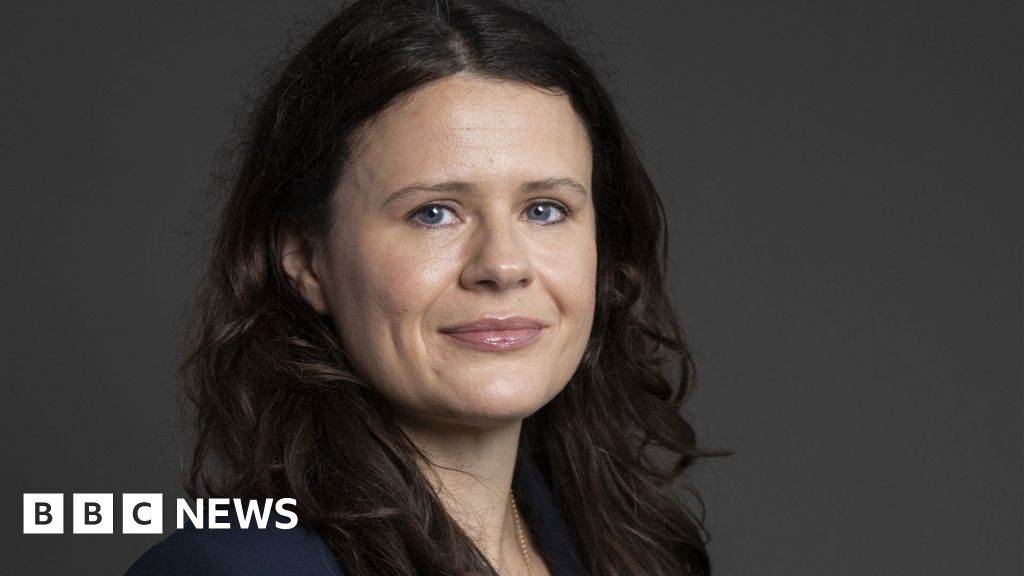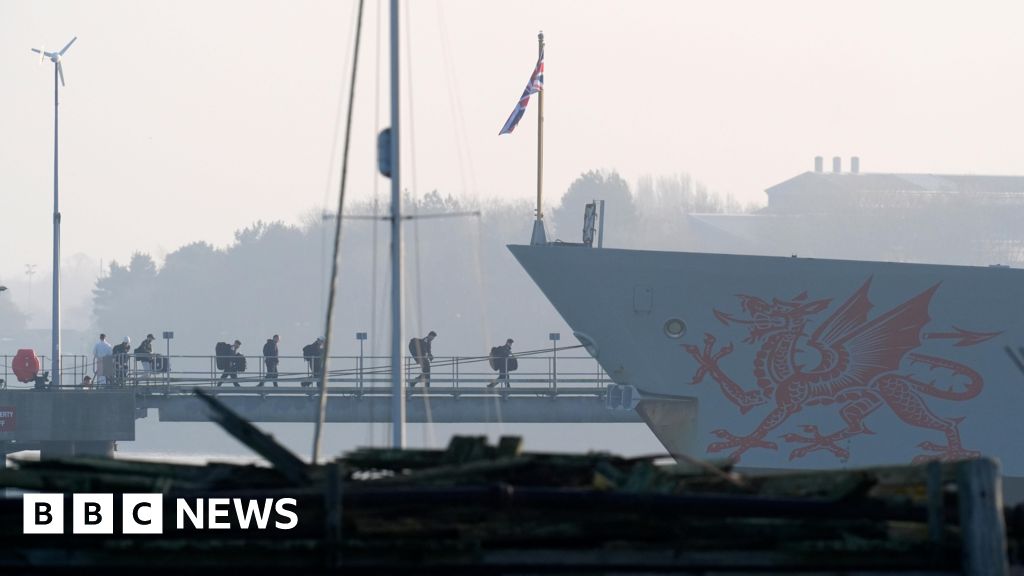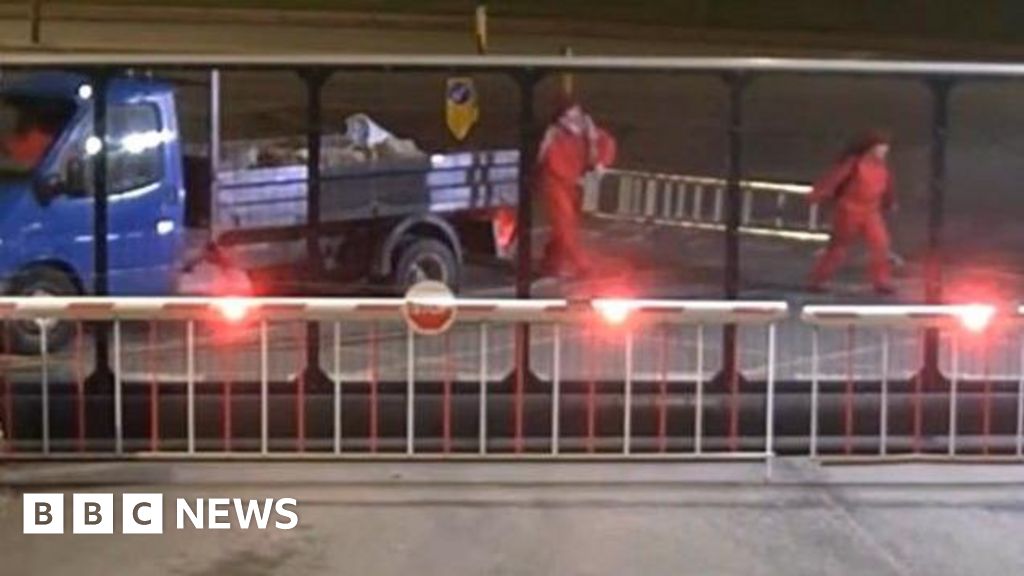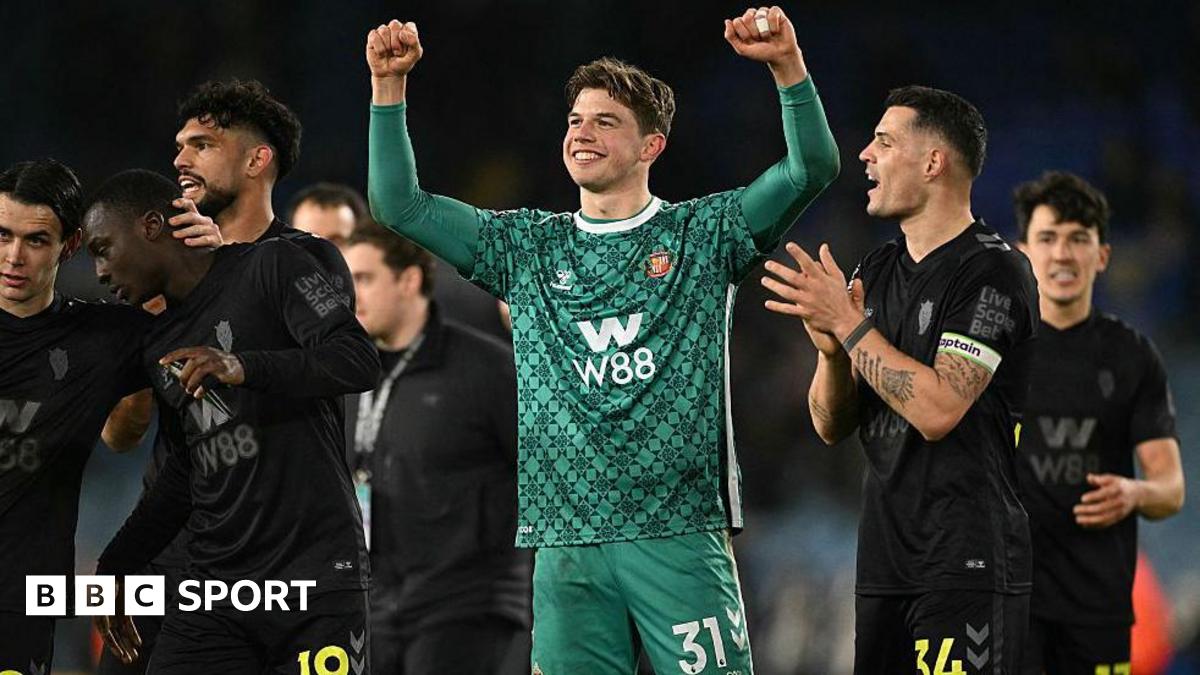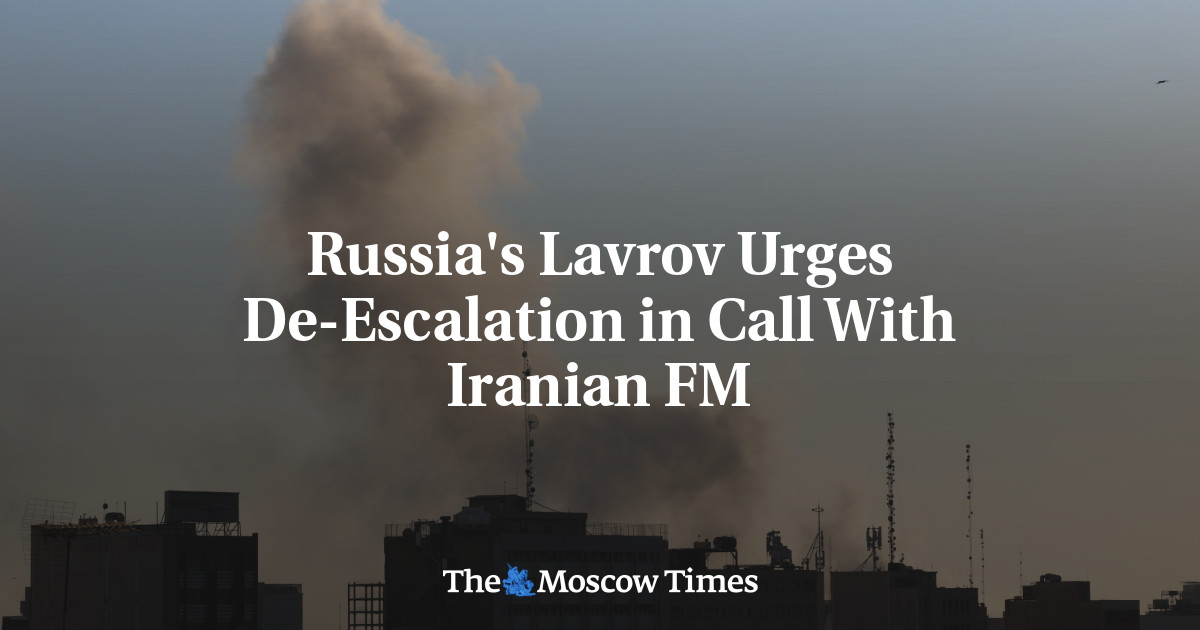
The KwaZulu-Natal High Court has granted an interdict preventing the eThekwini municipality from disconnecting water and electricity for about 50 000 residents disputing retrospective water bills.
- The KwaZulu-Natal High Court has granted an interdict preventing the eThekwini municipality from disconnecting water and electricity for about 50 000 residents disputing retrospective water bills.
- Judge Carol Sibiya ruled that residents have a constitutional right to be heard and criticised the municipality for ignoring formal disputes lodged by ratepayers.
- The case, brought by the eThekwini Ratepayers Protest Movement, challenges the City’s decision to recover around R300 million in charges for previously free water allocations.
Thousands of Durban residents can breathe a sigh of relief after a court stopped the eThekwini Metropolitan Municipality from disconnecting their water and electricity while they fight controversial backdated bills for water they once received for free.
This comes after the KwaZulu-Natal High Court in Durban granted an interdict in favour of members of the eThekwini Ratepayers Protest Movement (ERPM), who have been disputing retrospective charges sent to about 50 000 households.
The ruling means that, for now, the City cannot cut off essential services until all disputes have been properly addressed.
In her judgment, Judge Carol Sibiya criticised the municipality for refusing to engage with residents’ complaints and said they had a constitutional right to be heard before being penalised.
Sibiya said there is a policy that makes provision for addressing disputes.
However, instead of addressing them, Sibiya stated that the municipality has claimed there are no disputes and continued to conduct themselves as if that statement were true.
“There is no acknowledgement by the municipality that they have done so, despite evidence to that effect. The applicants (residents) are effectively stuck until there is a determination of the disputes. There is a right for the applicants (residents) to be heard, but the municipality is not affording them the opportunity,” said Sibiya.
The dispute stems from the City’s decision last year to recover money from households whose property values had, over time, increased beyond the R250 000 threshold for receiving six kilolitres of free water each month.
The municipality argued that it was obliged by the Auditor-General to recover the funds and estimated the total amount owed to be around R300 million.
Affected residents were each billed roughly R6 000, with the City offering an interest-free repayment plan of R180 per month.
READ | R320m Durban Solid Waste tender fraud witness to be grilled over contempt claims
But many refused to pay, arguing that they were never informed that their eligibility had changed and that the retrospective billing was unfair and unlawful.
Two ratepayers, Sivalingam Pillay and Belinda Botha, had their water and electricity cut off after disputing the charges, prompting the legal challenge by the ERPM.
The court’s ruling has now protected all affected residents from similar disconnections while the disputes remain unresolved.
Sibiya said it was established that the residents had a right requiring this court’s protection.
In addition, Sibiya stated that the residents have not paid the arrears and remain at risk of service disconnection, as the municipality contends that there is no pending dispute.
She said this was in the face of evidence that disputes were lodged timeously by at least 100 members of EPRM, including Botha, and that no responses were sent to those individuals.
ALSO READ | Cape Town tariff dispute: Ratepayers accuse City of unfair water and sewage charges
“In terms of Section 102 of the Systems Act, the municipality can implement any of the enforcement procedures if there is no dispute pending. It appears that, rather than responding to the disputes, the municipality ignored them, and then proceeded to implement s 102(1) of the Systems Act,” she said.
Sibiya further said the harm was imminent and has only been paused pending the determination of this application, according to the consent order of 28 June 2024.
She said, without the interim relief being in place, the municipality would immediately implement the enforcement measures, which in terms of the policy include disconnection of services.
“It is the applicants’ contention that the municipality owes each individual dispute a response,” she said.
ERPM representatives hailed the ruling as a victory for fairness and transparency, saying it sends a strong message that the City cannot bypass due process when dealing with public money and essential services.
Asad Gaffar, chairperson of the movement, said the judgment sends a clear message to the municipality that it will not tolerate such behaviour and underscores the importance of upholding the Constitution.
READ MORE | eThekwini mayor faces backlash for skipping critical water crisis meeting
Gaffar said this was a victory which not only vindicates ERPM’s stance, but also paves the way for all affected residents to seek redress.
He said the movement would ensure that every individual who was unfairly burdened by the back charge is treated equally and will pursue this course of action with utmost vigour.
“This judgment is a testament to our unwavering commitment to fighting for the rights of our members and the broader community. We will continue to challenge any actions that undermine the principles of fairness and good governance. This victory gives us hope and resolve to keep pushing for accountability,” said Gaffar.
Gaffar added that they would continue to hold the municipality accountable for good governance, fairness, and equality.
The municipality did not respond, and its comment will be added if received.
 (1).png)
 4 months ago
33
4 months ago
33


